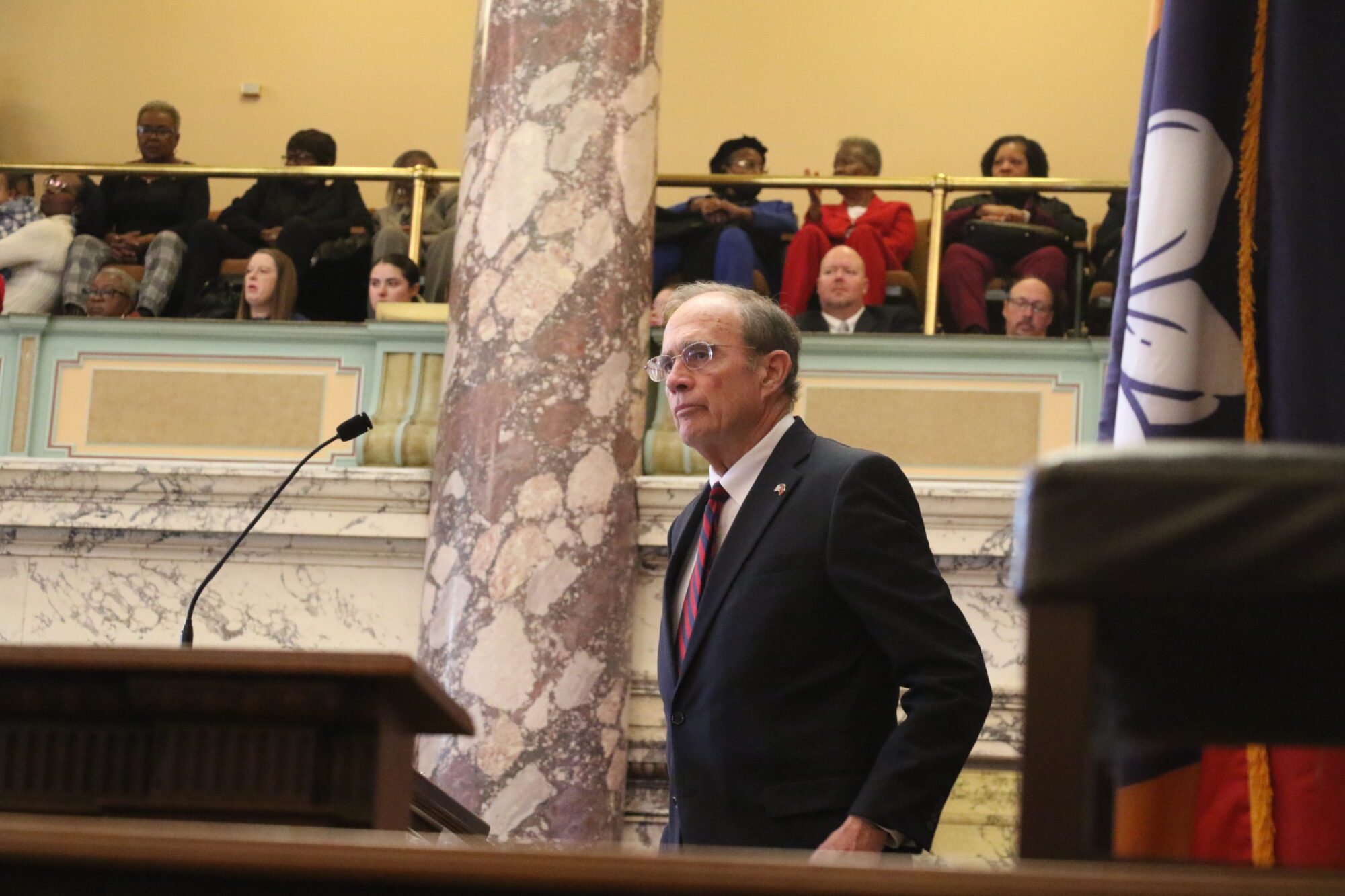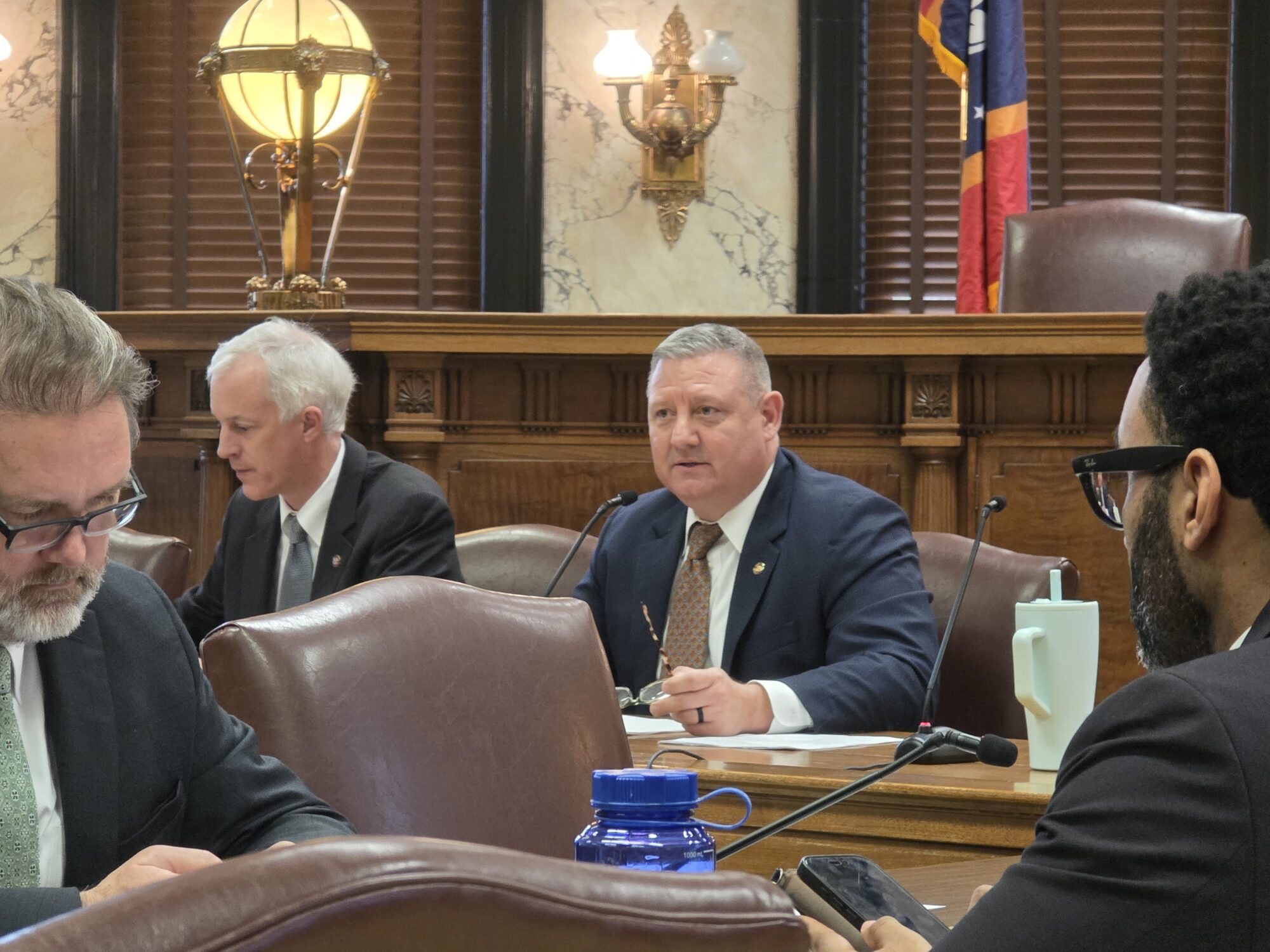by Representative Roger Wicker
**Web Non-Exclusive**
A recent survey found that small business owners across America were upbeat about their companies’ present financial situation and optimistic about the future. The Wells Fargo/Gallup Small Business Index report, released this month, showed that 72 percent of small business owners said their operations were in good shape. Eighty percent of those responding said they expected to be even better off financially a year from now.
According to the survey, owners attributed their positive responses to a stable revenue and cash flow situation, increased capital spending and hiring, and an ability to secure credit.
SMALL BUSINESS KEY TO ECONOMY
Congress recognizes the impact small businesses have on the U. S. economy and has taken steps to help this sector succeed. The legislative agenda includes tax relief, easing the regulatory burden, and providing more access to capital for expansion and job creation.
Earlier in this session, Congress unanimously approved a resolution calling for a Small Business Bill of Rights. While the measure has no force of law, it outlines initiatives to help small businesses meet the challenges of competing in our increasingly global marketplace.
BILL OF RIGHTS AFFIRMED
The Bill of Rights includes the right of small firms to join together to purchase affordable health insurance for their employees, freedom from burdensome and time-consuming regulations, relief from high energy costs, more access to start-up capital and credit, and increased competition for federal contracts.
The House and Senate have taken action on several initiatives addressing the needs of the small business sector, including:
* Tax Relief Extension.
In May President Bush signed into law a tax relief measure to extend a provision enabling small businesses to deduct up to $100,000 for capital investments in the first year. The limit would have reverted to $25,000 without this legislation.
* Death Tax Reduction.
The House approved a bill in July to permanently raise the exemption level on the death tax to protect more small business owners, farmers, and ranchers. Under present law, the tax gradually phases out by 2010 but will return in 2011 without legislative action. I favor total repeal of this unfair, business-destroying form of double-taxation. Unfortunately, the Senate late last month rejected a bill to provide substantial death tax relief.
* Bankruptcy Reform.
The new law ends abuses that led to higher interest rates and increased costs for goods and services for many small businesses.
* Health Insurance Aid.
The House passed legislation to create national associated health plans allowing small businesses to join together and purchase health insurance at group rates. The Senate has not yet acted on the bill.
* Cutting Regulations.
Congress and the Bush Administration have approved initiatives to reduce the cost and amount of time required to comply with federal regulations. The Office of Advocacy at the Small Business Administration (SBA) estimates this legislation cut regulatory costs by $6.6 billion in 2005.
* More Capital Access.
The House has approved record funding levels for SBA programs providing capital to existing and start-up small businesses. The legislation also includes an increase for Small Business Development Centers across the nation.







